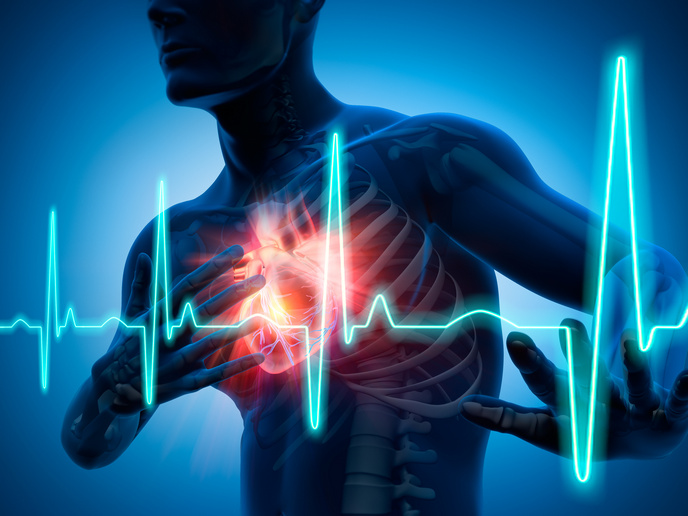How to break bad habits to save your heart
How do people behave after surviving a heart attack? They usually take their health more seriously and make drastic changes to their way of life to lower their chances of another attack. Or, in the very least, that is what should happen. However, the truth is that bad habits are often more tenacious than the fear of dying. Dr Boris Schmitz from the DRV Klinik Königsfeld in Germany tells it as it is: “We extensively educate patients who are hospitalized after a myocardial infarction about the risk factors and show them how important it is to make lasting changes in lifestyle - including more exercise, a healthier diet, no more nicotine consumption. And yet, when patients come for a follow-up examination six months later, it often turns out that they have relapsed into their old behavioral patterns.” So how do we help patients change their life-threatening habits? The EU-funded TIMELY project’s proposed solution is an AI-supported platform developed to improve the health of heart attack patients and other patients with coronary heart disease after cardiac rehabilitation. “With our TIMELY platform, we want to support patients in maintaining a healthy lifestyle beyond rehabilitation and hospital stay in a self-reliant manner.”
Testing, testing
The project is now conducting a clinical trial to test the effectiveness of its platform and has just enrolled the first patient in the trial. It will enrol 360 coronary artery disease (CAD) patients with follow-up care as part of cardiac rehabilitation in three study centres in Germany, Spain and the Netherlands. The study will run until mid-2024 and assess participants’ risk of mortality over the next 10 years, physical fitness, and changes in diet and exercise.
How does the platform achieve this?
The TIMELY platform provides AI-powered apps and dashboards as well as decision support tools that help patients and clinicians to personalise healthcare based on risk evaluation, outcome prediction and tailored interventions. It analyses data and assesses risk based on the guidelines for secondary prevention in CAD. Patients use its blood pressure monitor, activity tracker and electrocardiogram patch to transmit their vital signs. Health professionals then access this information through a digital dashboard on the platform, enabling them to assess the patient’s health and adjust treatment if necessary. However, that is not all. Aided by AI, the platform provides patients with individually tailored recommendations for a healthy lifestyle. A personalised chatbot helps them carry out these recommendations. A digital coach sends patients customised messages to motivate them and increase physical activity. Not only that, but patients can also create weekly updated exercise plans and document goal achievements on the platform. Prof. Jos Bosch of TIMELY project coordinator University of Amsterdam remarks: “I expect the study results to confirm the safety and effectiveness of the TIMELY platform and provide further insights into the use of telemedical systems in the field of behavior changes.” The TIMELY (A patient-centered early risk prediction, prevention, and intervention platform to support the continuum of care in coronary artery disease (CAD) using eHealth and artificial intelligence) project ends in September 2024. For more information, please see: TIMELY project website
Keywords
TIMELY, patient, heart, heart attack, coronary artery disease, coronary heart disease, AI, healthy lifestyle



